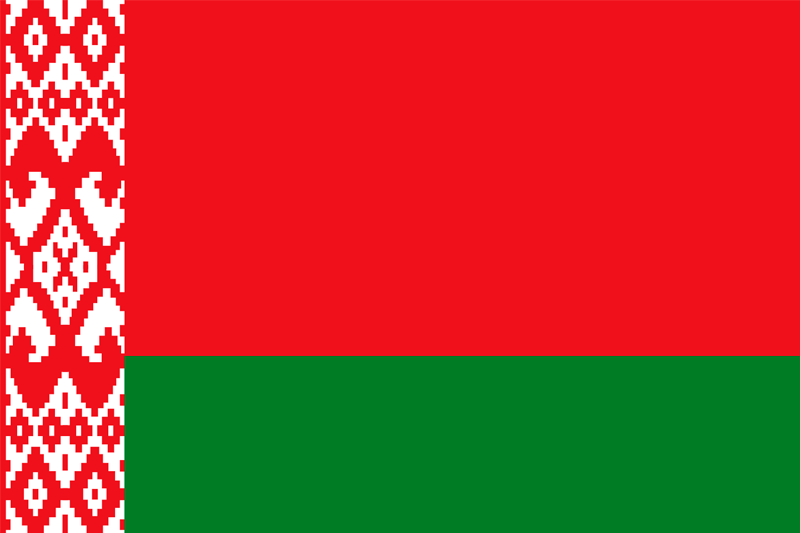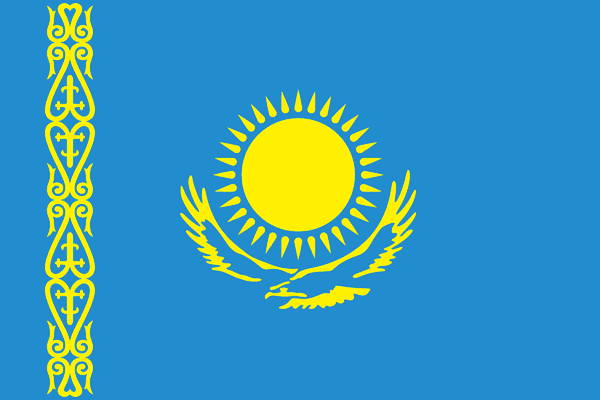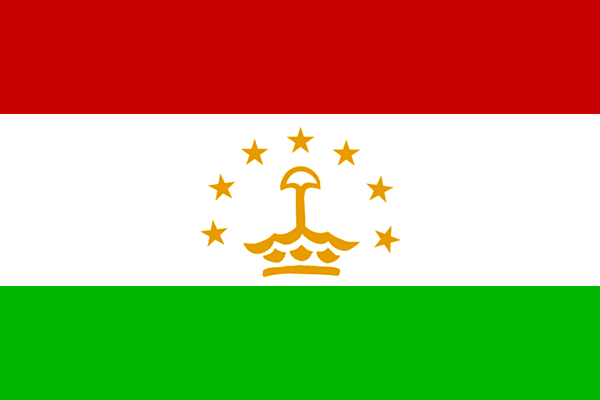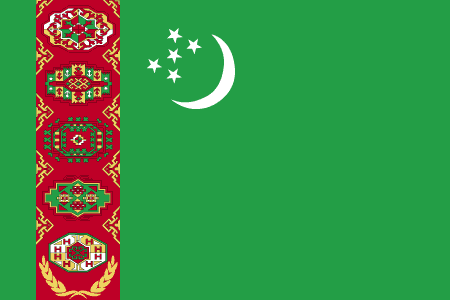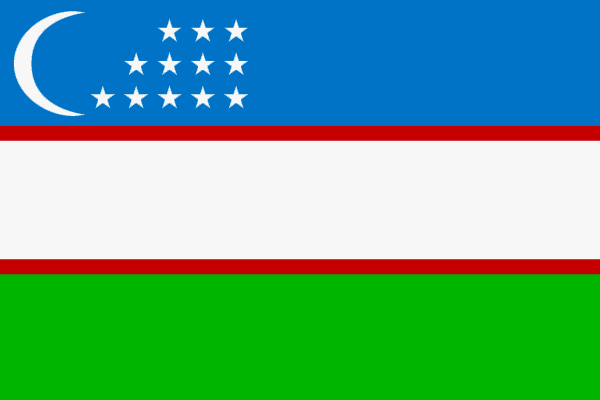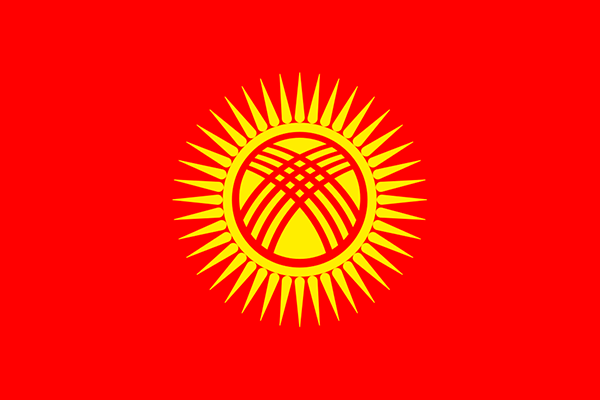
Kyrgyz Republic
Legal system
Kyrgyzstan's legal system is based on the Roman-Germanic Law System. In Kyrgyzstan all regulatory legal acts (RLA) are divided into laws and subordinate acts.
The main law of the State is the Constitution adopted by referendum in 2010.
The head of the State is the President. The President is elected for 6 years by citizens of the Kyrgyz Republic.
Legislative and representative governmental authority (Parliament) is Jogorku Kenesh of the Kyrgyz Republic.
Executive power in the Kyrgyz Republic is exercised by the Government. The Government is the highest body of executive power in the Kyrgyz Republic. The Government consists of the Prime Minister, Vice Prime Ministers, ministers and chairmen of state committees.
The judicial system in the Kyrgyz Republic consists of the Supreme Court and local courts. The Constitutional Chamber operates within the Supreme Court.
Economy and financial sector
GDPs at PPP of Kyrgyzstan in 2009 – 14.7 bln, 2010 – 14.893 bln, 2011 – 16.106 bln, 2012 – 16.38 bln, 2013 – 18.439 bln, 2014 – 19.382 bln, 2015 – 20.58 bln, 2016 – 21.7 bln, 2017 – 23.15 bln, 2018 – 24.54 bln, 2019 – 26.08 bln, 2022 - 22.2 bln.
Financial institutions include mortgage companies (organizations), commercial banks, credit unions, leasing companies (organizations), pawnshops, microfinance organizations (microcredit agencies, microcredit companies, microfinance companies, specialized financial institutions), savings pension funds, exchange bureaus, operators of e-money payment systems, reinsurance organizations and brokers, payment organizations, postal service enterprises, professional participants of the securities market, building and loan associations, insurance organizations (insurers), insurance brokers, commodity exchanges, e-money issuers and agents (distributors) of electronic money.
Financial Intelligence Unit
On September 8, 2005, the Financial Intelligence Unit of the Kyrgyz Republic (FIU) was established in the Kyrgyz Republic, which is a FIU of administrative type ensuring transparency of the financial system of the Kyrgyz Republic.
In accordance with the legislation of the Kyrgyz Republic in the sphere of combating the financing of terrorist activity and anti-money laundering, the financial intelligence unit signed interagencyagreements on mutual cooperation and provision of information with 10 state agencies of the Kyrgyz Republic.
Partnership relations with foreign colleagues and international organizations play a significant role in the activities of the State Financial Intelligence Service under the Ministry of Finance of the Kyrgyz Republic (hereinafter referred to as SFIS). The SFIS has signed agreements and memorandums of cooperation and mutual support with 31 FIUs of foreign countries.
Since February 2023, Mr. Kanat K. Asangulov has been the Chairman of the SFIS and the Head of the delegation of the Kyrgyz Republic to the EAG.
Agencies involved in the AML/CFT system
Entities that implement measures to counter the financing of terrorist activities and legalization of criminal proceeds (money laundering) are the following:
- financial institutions and non-financial categories of persons;
- inspection authorities;
- financial intelligence unit;
- internal affairs agencies, economic crime agencies, customs agencies (hereinafter referred to as law enforcement agencies), national security agencies, and prosecution agencies of the Kyrgyz Republic.
The coordinating and advisory body on the issues of combating the financing of terrorist activity and legalization of criminal proceeds (money laundering), as well as on the issues of combating financing of extremist activity and financing of the proliferation of weapons of mass destruction was established in the Government of the Kyrgyz Republic.
Inspection authorities are the following:
- National Bank of the Kyrgyz Republic;
- State Service for the Financial Market Regulation and Supervision under the Government of the Kyrgyz Republic;
- State Communications Agency under the State Committee for Information Technology and Communications of the Kyrgyz Republic;
- Precious Metals Department under the Ministry of Finance of the Kyrgyz Republic;
- Ministry of Justice of the Kyrgyz Republic;
- self-regulatory organizations.
Legal framework
The main regulatory legal acts of the Kyrgyz Republic in the sphere of combating the financing of terrorist activity and legalization of criminal proceeds (money laundering) are the following:
- Law of the Kyrgyz Republic "On Countering the Financing of Terrorist Activity and Legalization of Criminal Proceeds (Money Laundering)" of August 6, 2018 No. 87;
- Resolution of the Government of the Kyrgyz Republic of December 25, 2018 No. 606, which approved a number of provisions to implement the Law of the Kyrgyz Republic "On Countering the Financing of Terrorist Activity and Legalization of Criminal Proceeds (Money Laundering)".
International cooperation
Kyrgyzstan has been a UN member since 1992. Kyrgyzstan is also a member of various regional associations such as the Eurasian Economic Union (EAEC), the Collective Security Treaty Organization (CSTO), the Commonwealth of Independent States (CIS), and the Shanghai Cooperation Organization (SCO). Kyrgyzstan is a member of more than 100 international organizations, including the OSCE, the Antiterrorist Center of the CIS Member States, the World Bank and others. In 2004, Kyrgyzstan became one of the founding states of the EAG. The FIU of the Kyrgyz Republic has been a member of the Egmont Group since May 2009.

 Login to your account
Login to your account Eng
Eng Рус
Рус